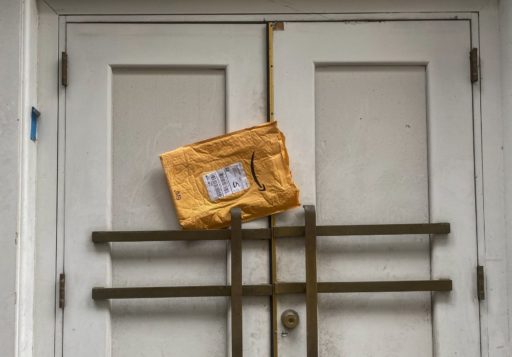Assisted living under pressure
March 31, 2020
My mother, 89, is one of many caught in the middle of this. She’s in an assisted living facility in New York City, a large group residence of folks generally elderly, frail, and unable fully to comprehend the scope and seriousness of what they face. Not that I fault them or her. Nobody can fully comprehend the extent of the threat posed by the Corona Virus. But it’s particularly stressful on those with limited physical capacity, who have entrusted their fates to professionals who, frankly, are in over their head.
Three residents tested positive for the virus, I have been told. They have been evacuated. One of the staff workers also reported ill. We’re talking here about the low-paid service workers, most of whom I assume cannot afford to take a day off and who surely have trouble making ends meet even on a fulltime basis.
The whole place is on lockdown, which means that residents are no longer congregating in the sitting rooms or sitting down en masse three times a day for their regular served meals. The meals are now delivered to each room. Folks eat alone inside, or in my mother’s case, share space with a roommate. I can call but not visit. She is alert enough to know why she can’t see me. And she accepts the advice that I and everyone at the home provides in terms of reminders to avoid people, wash hands, stay in your room.
The public focus is rightly on the overloaded hospitals and the stressed out crew of nurses, doctors and various attendants. But the dislocation of a city and of a country extends back to the places where those in need of care reside – even when they are healthy. In such a setting and with that age group, infection entails serious risk. This is the most vulnerable of all demographic groups. I don’t detect among them any eagerness to volunteer their lives or their health or the sake of an abstraction called “the economy.’ Their immediate needs are more important – to themselves and to us, their family. So all I can do from afar is keep up with the advice.
There are some elderly adept at using cell phones and laptops, and thus they can probably access Zoom sessions with their families. My mother is not among them. She is overly taxed with the flip phone we got her years ago and for which I am still paying a monthly fee. I keep telling her (and myself) “it’s just in case.” And so the phone sits in a drawer somewhere and the bill never wavers above the minimum.
Meanwhile, we are trying to get her Medicaid-qualified so that when she finally runs out of money from what was her and my late father’s modest retirement fund she will have some reasonable options. Which is why two months ago I spent a few days looking at various alternative facilities throughout the New York area. Now we have begun the application process. Given the quarantine of the home and the general advisement against travel to the MET area, the simplest acts of gathering needed documents – birth certificate, Social Security card, Medicare card, supplemental insurance – becomes a surprisingly complicated task. Her normal mobility to the bank across the street is of no use now, not when she’s prohibited from walking the halls, much less taking the elevator or stairs down to the main floor to make copies. So it takes more phone calls on my part: requests for an aide to help her or to search for an envelope and stamp.
None of this is much by itself compared to what some families are dealing with. These are, in fact, trivial matters in the larger scheme of things. But when you are of that age and reliant upon the help of others and you can no longer count on that assistance, then all of a sudden things start looking very scary as the whole system buckles under pressure.
Not that a successful application at this time will lead to anything anyway. Nursing homes now are reluctant if not refusing outright to take new clients. Normal means of application, interview, and intake have been sidelined, while transport has been reserved for acute care cases. The region’s care givers have their hands full.
For now these are all relatively manageable issues compared to the many cases of hospitalization, death and people gone unaccounted for throughout the senior health care system. And there is no possible reckoning of the toll taken by raw, basic fear as elders sit quietly in their rooms, unvisited, confused and out of reach. All of which tells me that a large sector of the over-65 population is acutely vulnerable and lucky if they can simply stay ahead of this proverbial, infernal curve. All the more reason to slow it down, flatten it out, and create some desperately-needed slack in the system.

The situation in New York seems especially hard — at least based on the news coverage. It’s easy to compartmentalize, here, in Arizona. Most everyone tends to be socially and physically distant, anyway. Corona is a different animal, for your family. I hope your mother remains healthy.
She/s okay for now; not everyone around her is.
NYC is starting to look and sound lie a war zone that took a direct bombing hit.
Everything is hard right now. Thank you for chronicling.